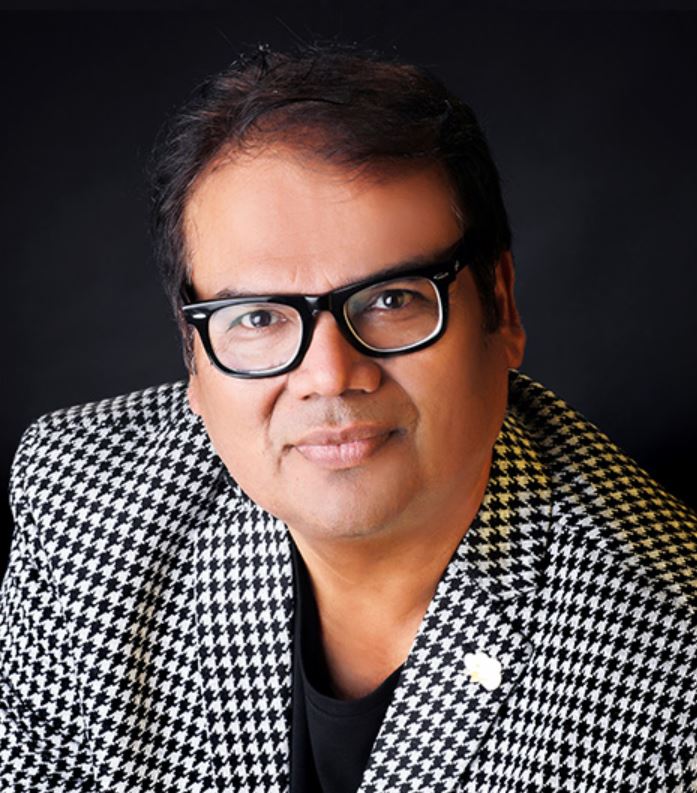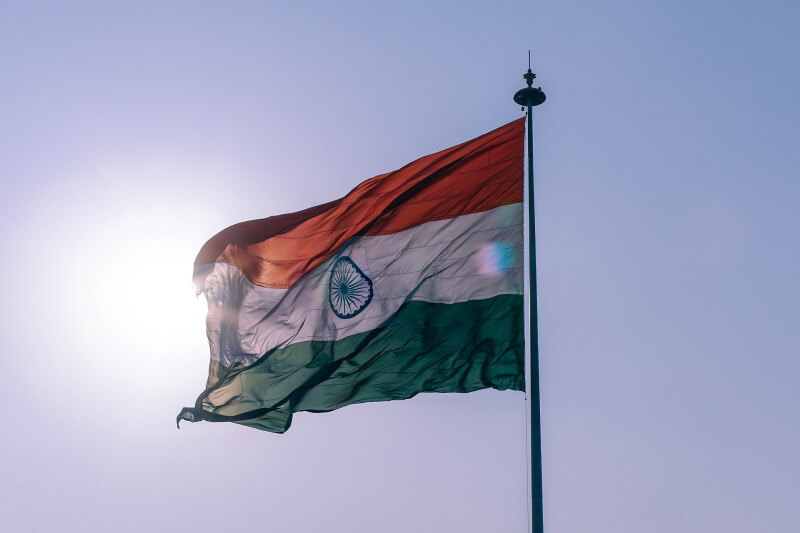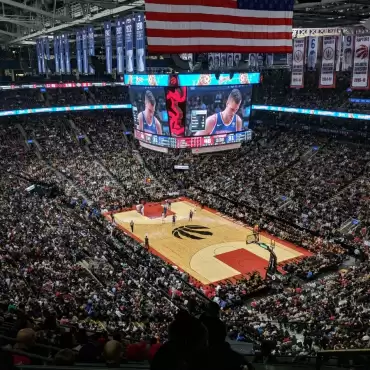The decision to impose a 28% Goods and Services Tax (GST) on turnover in India delivered a blow to a burgeoning, exciting gaming market overnight. But with so much industry pushback, and attempts to stay GST-related court orders, can India turn back the tide on GST?
Dust off your time machine and travel back to 1867, when India’s Public Gaming Act was enacted.
This piece of legislation regulated some forms of gambling with extremely strict parameters. It legalised lotteries and horse racing but banned the operation of public gaming houses. At the time, anyone caught running a public gaming house faced a fine of ₹200.
Obviously, the original legislation couldn’t have taken online gaming into account. This left the practice in a state of uncertainty, despite a ready-and-waiting base of gambling and sports fans.
In more recent years, attempts have been made to legalise both online gambling and sports betting. In 2016, the Supreme Court backed calls for legalised betting, referring to India’s penchant for cricket as a driver.
During the same year, a Special Committee of the Government of Nagaland was considering legislation known as the Nagaland Bill. This bill outlined how online gambling, and specifically online games of skill, would be regulated in India.
Defining online gaming
The Nagaland Bill was signed into law in April 2016 by PB Acharya, the state’s governor. Since then, online gaming has mostly been regulated on a state-by-state basis.

Fast forward to the present day, and a concerted effort is being made to classify online gaming into distinct categories in India.
Online games of skill represent games where bets are placed and won through skill rather than luck. These include rummy, which was identified as a game of skill in 1968. Games of chance, meanwhile, cover all other types of legal gambling in India.
Having a clear definition between games of chance and games of skill is critical for operating legally in the country. This is where Self-Regulatory Organisations (or Bodies, known as SROs or SRBs) come in.
SROs were established under the amended IT Rule 2023. This aimed to introduce a joint regulatory system between the IT Ministry and SROs, wherein industry bodies – not just one government regulator – would have the power to define games. The industry, then, would be afforded more flexibility and control.
“The Self-Regulatory Organisations formed under the guidelines of IT Rule 2023 have a major role to play in establishing these parameters,” explains economist and former Indian government official, Dr Aruna Sharma.
“SROs are already formulated and have their code of conduct in place to move towards responsive gaming.”
SROs are compelled to create a framework in which users have access to gambling harm prevention information. The organisations must also set up know your customer (KYC) checks, be based in India and have a complaints process in place.
Pause here for a moment and we can see that India’s online gaming market has been developing slowly but surely. But it can’t be smooth sailing forever.
Fairytale comes to an abrupt end
Enter the dreaded 28% GST flat tax on turnover for online gambling, casino and horse race betting. India’s GST Council announced the move in July last year to much ire. Industry bodies such as the All India Gaming Federation (AIGF) condemned the tax rate as potentially stunting the regulated market.
And the criticism was well placed. Operator Super Group, which owns sportsbook brand Betway and online casino brand Spin, exited the Indian market last October in response to the GST announcement.
Ravindra Shinde, CEO of Dyutabhumi Hotel and Resorts, agrees that the rate is extraordinarily high – even more so when measured against rates in other countries.

“That’s why international operators mostly don’t take an interest in investing in India regarding the gambling sector, because the government charges very high taxes compared to the gambling taxes in Singapore, Macau and other states,” Shinde explains.
For online operators and horse racing, GST would be applied to the full value of the bet placed rather than the gross gaming revenue (GGR). For land-based operators, the tax would be applied to the face value of chips purchased at each retail venue.
Lower the 28% tax rate and, according to Shinde, India’s gambling industry would be enhanced.
“At present, the 28% is not feasible for international operators,” he says. “If the government reduces the taxes, then gambling would be very profitable in India.”
Money money money
Except for the small fact that it won’t be profitable. This is because India’s tax authorities are currently working to implement the 28% GST on online gaming operators retroactively, even going as far as issuing show-cause notices to real-money operators, crying GST evasion.
According to local media these show-cause notices, which reference alleged GST evasion dating back to 2018, total ₹1tn (£9.45bn/€11.06bn/$12.05bn).
It’s a development that has left the industry stunned according to Sharma, although events of next week could offer a glimmer of hope.
On 2 April, a hearing will be held at the supreme court. If all goes to plan, the GST rate will be challenged during the session – just like it has been challenged at the High Court of States.
Media reports in January stated that the supreme court had heard pleas from Head Digital Works and Games 24/7, asking it to push back against the 28% GST decision. The central government and the GST Council were asked to submit their responses to the challenges within two weeks.
What might lie ahead?
Despite the ongoing battle over the GST, Sharma says that India’s gambling market is seeing a fair amount of growth and development.
“Currently, the igaming market in India is flourishing, with a significant rise in the number of players, igaming platforms and a remarkable increase in accessibility to smartphones and the internet,” she explains.
Sharma is hopeful for India’s online gaming market in 2024. For one, she predicts that it will grow in popularity, helped by “the fact that 60% of the hundred million mobile phones in India are smartphones”.

“In that sense, you can expect a rising and strengthening user base,” she asserts.
But whatever way you consider India’s gambling market, GST is never too far away.
“Some 28% is a very high price for taxes, because any gambling company would want to invest the money [elsewhere],” adds Shinde. And he’s right. Super Group isn’t the only company to exit the Indian market – Bet365 also officially exited in October.
The battle against India’s extortionately high GST is at a critical crossroads. Challenges against the 28% tax rate – as well as the retrospective application – are with the country’s highest courts. It is now up to the industry to make a case for dramatically slicing the tax rate.




